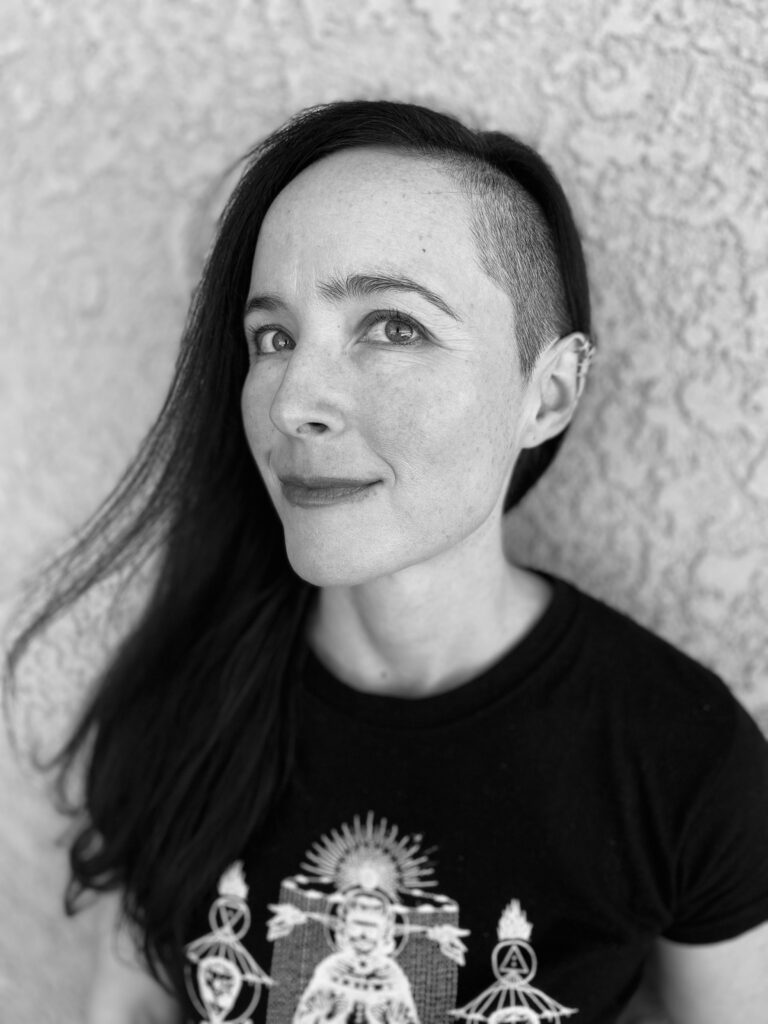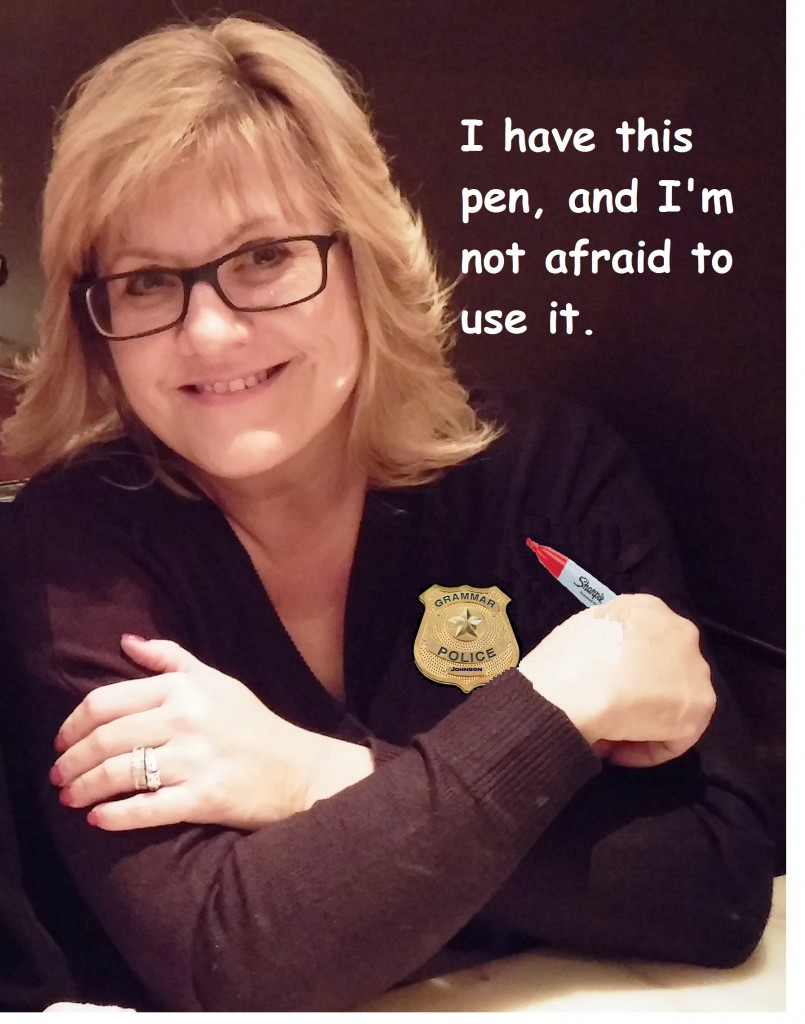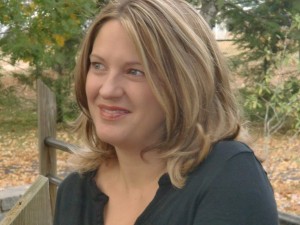Congratulations to L.I. Henley for the success of her recent projects. L.I. Henley won the 2023 Robert and Adele Schiff Award in CNF through The Cincinnati Review, chosen by Jerald Walker for her essay. She was also chosen as runner-up for the Southeast Review’s Ned Stuckey French award in CNF with forthcoming essays in The Southeast Review and The Southern Humanities Review. Henley is offering two summer writing workshops that will help writers to generate new material and offer feedback.

The workshops include mini lessons on craft, weekly advice, tips, reading published works, engaging dialogue, guided questions to deepen engagement, unique prompts for creating and improving work, writing warm-ups, oral feedback from Henley and other writers, personalized reading suggestions and suggestions for publishing opportunities. Through writing-focused sessions, attendees will learn how to generate new material alongside a community of excited writers.
Through these personal essay workshops, attendees should be able to draft a solid longer piece but also work on multiple “seedling” pieces that can grow after the series has ended, helping to start long-term writing.
Sessions will be held on Zoom. Offerings include “Show Me the Moment: An Online Generative Workshop on the Personal Essay for Beginners,” “Behind the Door is Another Door: An Online Generative Workshop on the Personal Essay,” and “Writing the Unruly Body: An Online Generative Workshop on CNF and Poetry about Pain, Pleasure, Injury and Everything in Between.” Dates are varied, with workshops starting between July and December, depending on the course you select.
Throughout all her work, she continues to create installments of her series, Paper Dolls & Books, which you can view here.
Henley brings extensive teaching and workshop experience to her coursework, as well as a breadth of publishing experience to help emerging writers in their journeys. She is an interdisciplinary artist, as a writer and paper artist, authoring numerous books that have appeared in Adroit, Brevity, Ninth Letter, The Indianapolis Review, Calyx, The Bellingham Review, The Los Angeles Review. Her personal essays have been awarded the Arts & Letters/Susan Atefat Prize and the Robert and Adele Schiff Award. She is also the creator of Paper Dolls & Books. Follow her work and upcoming projects on Instagram @lilhenleyart.
View her poems in issue 24 of Superstition Review.
Learn more about Henley’s writing workshops here. To register for sessions, email li.henley@hotmail.com or visit her contact page.


